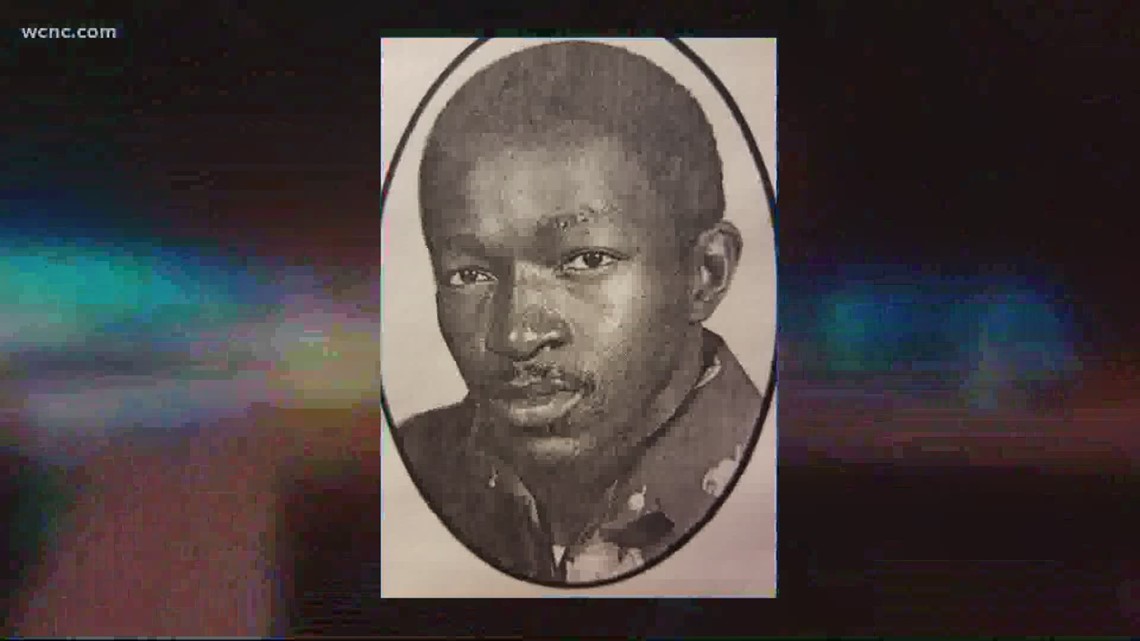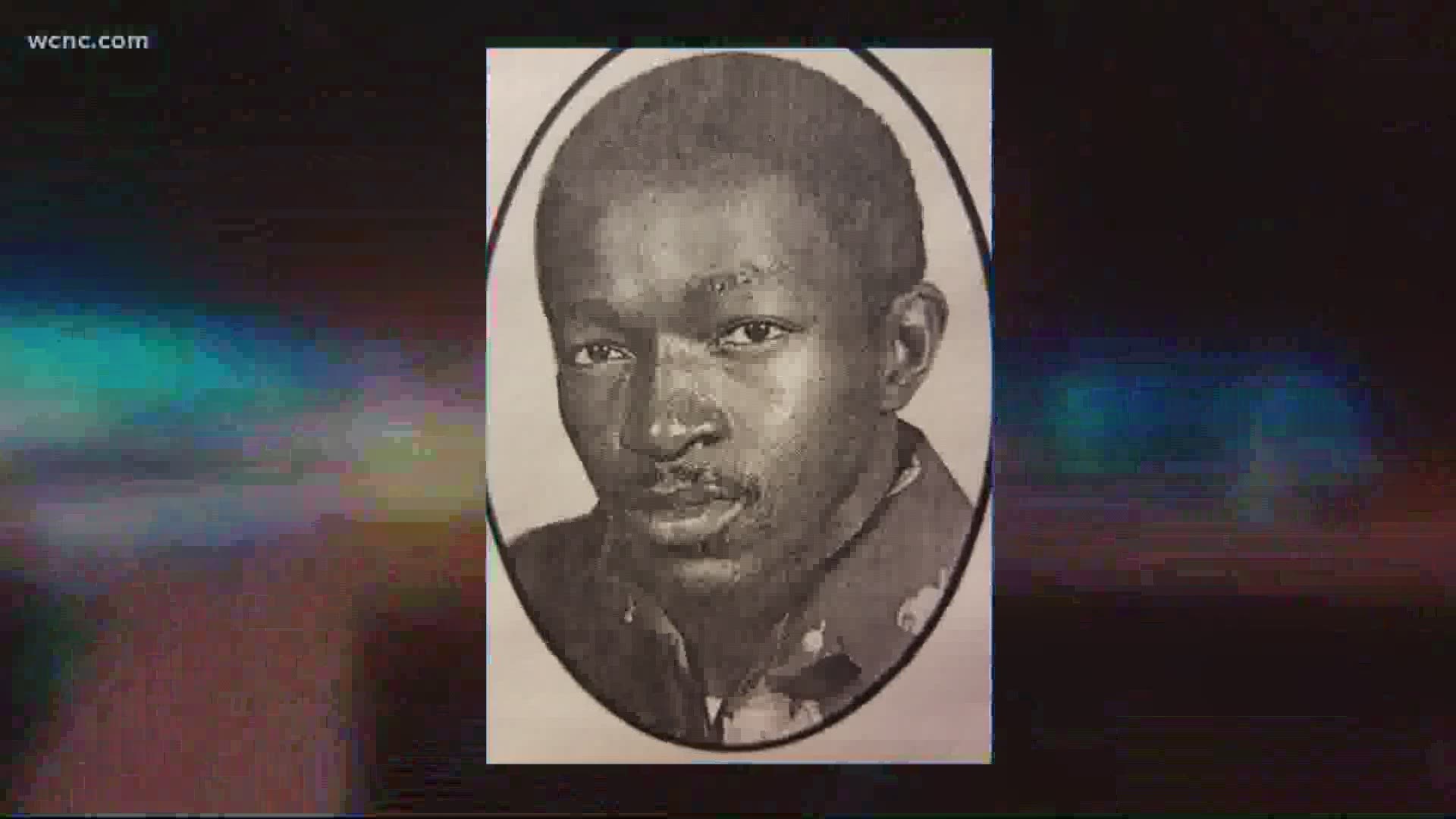CHARLOTTE, N.C. — More than three decades before protestors began marching and demanding a better path forward after George Floyd's murder, a Charlotte man paved the way in the fight against excessive police force and now his family is pushing for more action.
What started as an urgent trip to a West Boulevard store for orange juice eventually brought Dethorn Graham before the United States Supreme Court. Policing in America has never been the same since.
"It established for the first time a national standard for judging police misconduct," his pro bono attorney Gerald Beaver said. "It's the most important civil rights case I've ever pursued."
Court records show Graham walked into a convenience store on November 12, 1984, hoping to buy orange juice to counter an insulin reaction. When he noticed the line inside was too long, the unarmed black man who hadn't committed a crime, quickly exited as a nearby black officer watched.
"They mistook him for being intoxicated," Beaver said. "They took him into custody. They did so very roughly he alleged."
What Graham experienced next as he reached for his wallet to show his diabetic identification changed the way police could use force in the eyes of the law.
"When I saw my father the way that he was, on crutches, bruised and beaten up, it was unbelievable. it was hurtful. I really felt bad," his daughter Deborah Ann Moore, who was in high school at the time, said. "That was really hard to see to know that another person, especially a police officer that is here to serve and protect, actually did that to him."


Graham's name is still cited in police training manuals, district attorney decisions and court rulings today.
"Graham is the seminal case that sets forth the standard," Wake Forest University Law Professor Kami Chavis said. "We call them the Graham factors."
His attorney said up until that point, a person had to prove malicious intent tied to excessive force. The Supreme Court unanimously found reasonableness must be judged through the eyes of an officer at the scene, not in hindsight.
"The Supreme Court decided for us 9-0," Beaver said. "It considerably reduced the burden of proof that civil rights plaintiffs had to establish."
While at the time, it was an improvement, over time, the case evolved into added protection for police. As technology advanced, police killings invited more public scrutiny while officers based their deadly actions on a fear for their lives.
"We've seen it time and time again where officers say that and the objective person out there who's not in that officer's shoes, says, 'How did you fear for your life? It doesn't make sense,'" former FBI agent, federal prosecutor and author M. Quentin Williams said.
Williams said the current standard leaves too much room for fear-based on personal experience and said it's time for a change.
"It should be, 'Would a reasonable officer be scared?'" he said. "If an officer says, 'I fear for my life,' is that reasonable that they fear for their life? Not just that they felt that way, is it reasonable that they felt that way?"
Graham ultimately lost his lawsuit against the City of Charlotte and later passed away. His family is now pushing for a tougher standard that better protects the public.
"His case has set the unfortunate standard for so many cases today," his daughter said. "We, my brothers, my sisters, we want to fight and we want others to join us to help set the standard straight. My dad's legacy, what we want is to change it to something more positive."
In November 1984, while police detained Graham face down on the hood of a car, George Floyd, born in North Carolina, was 11 years old.
"It was hurtful then and it is hurtful now to see this every day, the brutality, the excessive force," Moore said.

